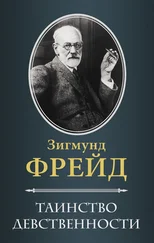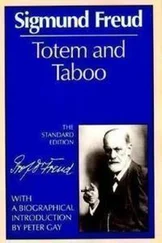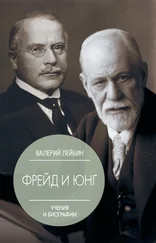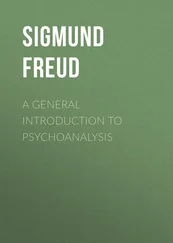This offers a sad outlook indeed for the effectiveness of psychoanalysis as a therapy, even if we can explain the great majority of our failures by putting the blame on such disturbing external factors! Friends of analysis have advised us to counterbalance such a collection of failures by means of a statistical compilation on our part of our successful cases. Yet I could not try myself to do this. I tried to explain that statistics would be worthless if the collected cases were not comparable, and in fact, the various neuroses which we have undertaken to treat could, as a matter of fact, hardly be compared on the same basis, since they differed in many fundamental respects. Besides, the period of time over which we could report was too short to permit us to judge the permanency of our cures, and concerning certain cases we could not have given any information whatever. They related to persons who had kept their ailments, as well as their treatment, secret, and whose cure must necessarily be kept secret as well. The strongest hindrance, however, lay in the knowledge that men behave most irrationally in matters of therapy, and that we have no prospect of attaining anything by an appeal to reason. A therapeutic novelty is received either with frenzied enthusiasm, as was the case when Koch first made public his tuberculin against tuberculosis, or it is treated with abysmal distrust, as was the really blessed vaccination of Jenner, which even today retains implacable opponents. There was a very obvious prejudice against psychoanalysis. When we had cured a very difficult case we would hear it said: "That is no proof, he would have become well by himself in all this time." Yet when a patient who had already gone through four cycles of depression and mania came into my care during a temporary cessation in the melancholia, and three weeks later found herself in the beginnings of a new attack, all the members of the family as well as the high medical authorities called into consultation, were convinced that the new attack could only be the result of the attempted analysis. Against prejudice we are powerless; you see it again in the prejudices that one group of warring nations has developed against the other. The most sensible thing for us to do is to wait and allow time to wear it away. Some day the same persons think quite differently about the same things than before. Why they formerly thought otherwise remains the dark secret.
It may be possible that the prejudice against psychoanalysis is already on the wane. The continual spread of psychoanalytic doctrine, the increase of the number of physicians in many lands who treat analytically, seems to vouch for it. When I was a young physician I was caught in just such a storm of outraged feeling of the medical profession toward hypnosis, treatment by suggestion, which today is contrasted with psychoanalysis by "sober" men. Hypnotism did not, however, as a therapeutic agent, live up to its promises; we psychoanalysts may call ourselves its rightful heirs, and we have not forgotten the large amount of encouragement and theoretical explanation we owe to it. The injuries blamed upon psychoanalysis are limited essentially to temporary aggravation of the conflict when the analysis is clumsily handled, or when it is broken off unfinished. You have heard our justification for our form of treatment, and you can form your own opinion as to whether or not our endeavors are likely to lead to lasting injury. Misuse of psychoanalysis is possible in various ways; above all, transference is a dangerous remedy in the hands of an unconscientious physician. But no professional method of procedure is protected from misuse; a knife that is not sharp is of no use in effecting a cure.
I have thus reached the end, ladies and gentlemen. It is more than the customary formal speech when I admit that I am myself keenly depressed over the many faults in the lectures I have just delivered. First of all, I am sorry that I have so often promised to return to a subject only slightly touched upon at the time, and then found that the context has not made it possible to keep my word. I have undertaken to inform you concerning an unfinished thing, still in the process of development, and my brief exposition itself was an incomplete thing. Often I presented the evidence and then did not myself draw the conclusion. But I could not endeavor to make you masters of the subject. I tried only to give you some explanation and stimulation.
END







